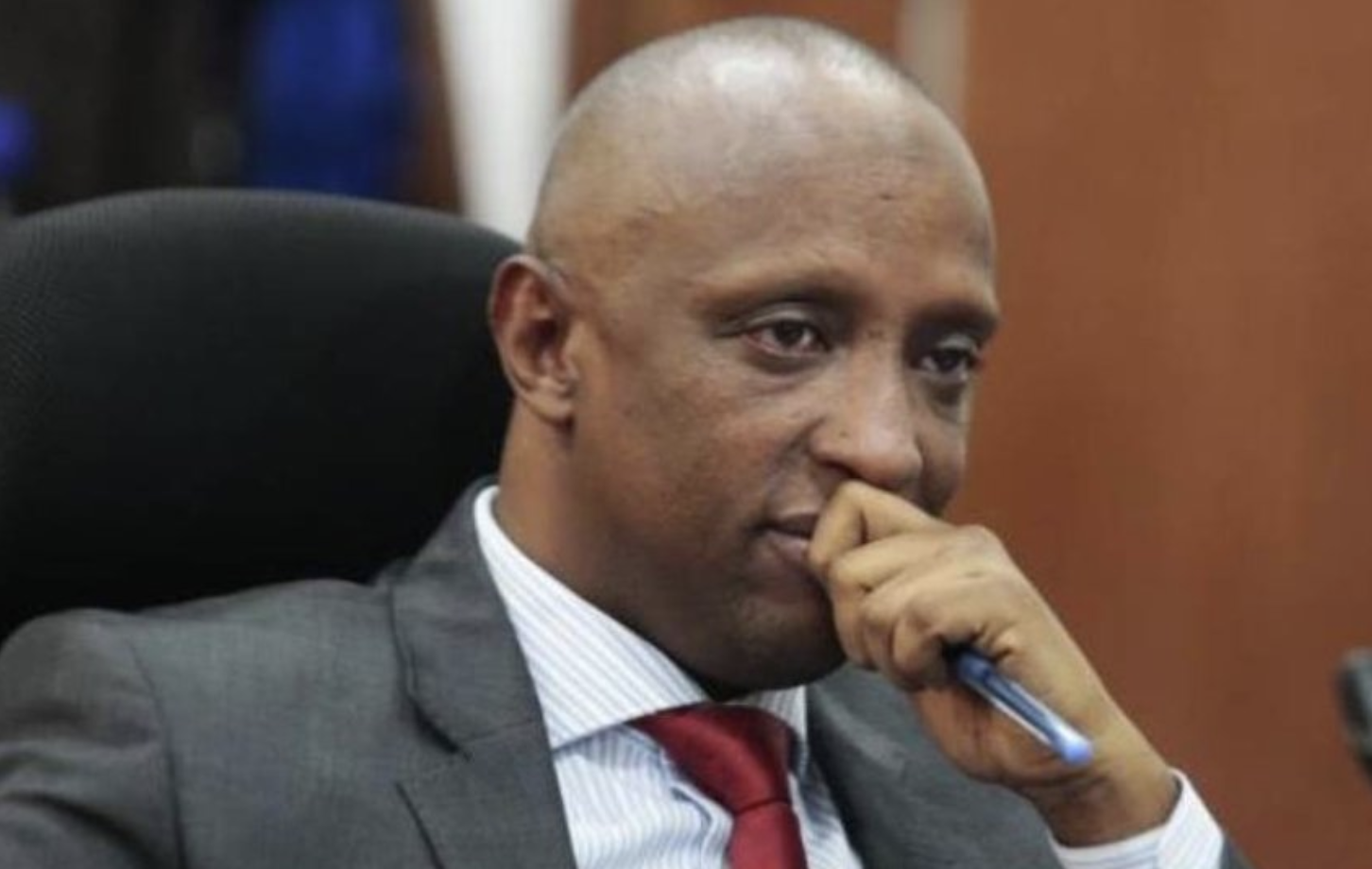

Isiolo Governor Abdi Guyo is banking on a preliminary objection to stop his impeachment, drawing parallels with Kericho Governor Eric Mutai, who was saved by the Senate last year on a technicality.
In his objection, Governor Guyo cites the Senate’s decision to terminate Mutai’s impeachment proceedings after the county assembly failed to meet the constitutional two-thirds threshold required for such action.
As he faces a decisive two-day impeachment hearing starting on Tuesday, Guyo argues that the circumstances of Mutai’s case mirror his own and should guide the Senate to dismiss the proceedings.
Another argument in Guyo’s defense is a court order declaring his impeachment null and void. The governor had sued the Isiolo County Assembly, challenging the legality of the process on grounds of procedural flaws and denial of a fair hearing.
Despite the court order restraining the assembly from debating the impeachment motion, the assembly went ahead and voted to impeach him.
Now, Guyo’s legal team is challenging the proceedings, citing the court’s ruling that the impeachment resolution is null and void.
They have also drawn on precedents from similar cases involving former governors Martin Wambora (Embu) and Mohamed Abdi (Wajir).
“Once an act is declared null and void, it is of no legal consequence,” the court stated. “It is thus upon the Senate, once informed of the Orders herein, to determine whether it will proceed with the said resolution—thus abetting a blatant disregard of the rule of law—or respect the orders.”
The first-term governor is expected to appear before the Senate on Tuesday and Wednesday, with the final decision likely to come on the second day.
This follows the Senate’s rejection last week of a proposal to establish an 11-member special committee to investigate the charges. Instead, the plenary will hear the matter directly.
Senate Speaker Amason Kingi gazetted the two days to deliberate on the Isiolo County Assembly's resolution to remove Governor Guyo.
The governor faces accusations of gross misconduct, abuse of office, and violation of the Constitution and other laws. Sixteen out of 18 MCAs voted to impeach him last month.
Guyo’s legal team comprises former Law Society of Kenya president Eric Theuri and lawyer Elias Mutuma.
His listed witnesses include Isiolo County Assembly Clerk Salad Guracha, County Chief Finance Officer Habib Jirma, MCAs Abdinoor Jillo (Kinna Ward) and Diba Abdirashid Ali (Garbatulla), AP officer Shaban Mzungu, and Mohamed Yarow—pending the outcome of the preliminary objection.
The assembly will be represented by a legal team including Paul Nyamodi, Dr. Ekuru Aukot, Boniface Mawira, Eric Muriuki, Alex Mbaya, Patrick Barasa, Jamal Abdikadir, Kennedy Maweu, Paul Wafula, and Alvin Kemboi.
They will be assisted by Brenda Mwangi, Diana Bosire, Kennedy Mugambi, Hussein Kassim Roba, Derick Kigotho, and Marion Aromo.
Witnesses for the assembly include MCAs Abubakar Abdi Godana, Lemantile David, Nicholas Lorot, and Peter Loyan, as well as Anab Kasim and Abdirahman Mohamed Ibrahim.
Loyan and Lemantile participated in the initial impeachment proceedings.
“The assembly’s witnesses will rely on affidavits they have sworn in support of the impeachment motion, as well as the supporting documents submitted to the Senate,” said advocate Mawira.
If the preliminary objection is dismissed, the hearing will proceed with presentations from both sides, followed by cross-examination and re-examination of witnesses by legal teams and senators.
All 67 senators will take part in the trial, but only the 47 elected county senators can vote on the impeachment.
A simple majority of county delegations (24 out of 47) is required to uphold any of the charges, in which case the governor would be removed from office.
However, Guyo would retain the right to appeal the Senate’s decision in court.
If the Senate rejects the charges, the Speaker must notify the Speaker of the Isiolo County Assembly.












